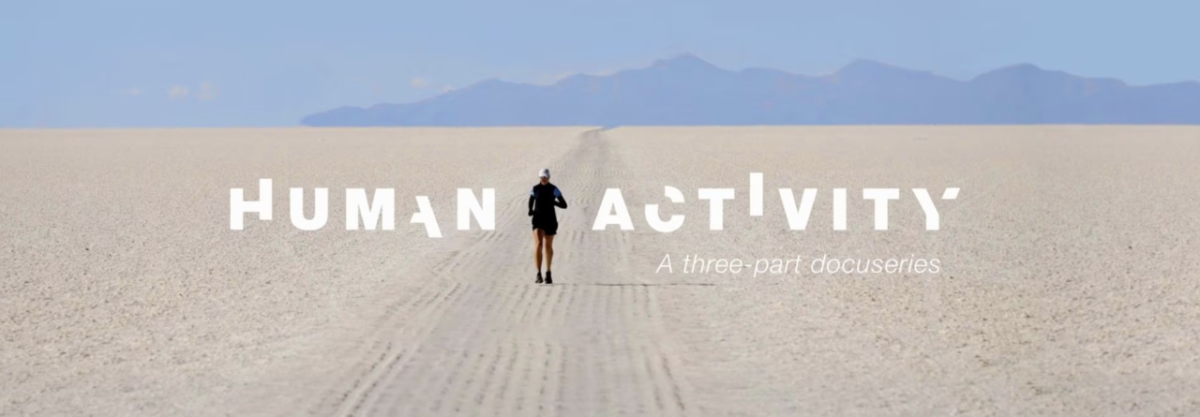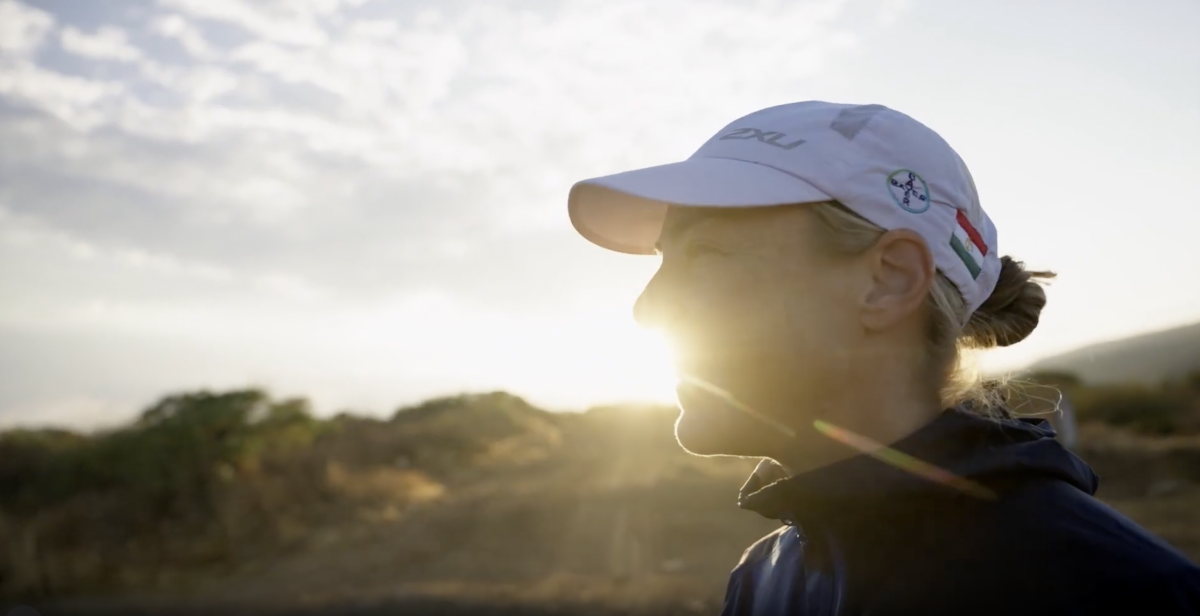Bayer: The Weight of Water
Freshwater manages to be everywhere and nowhere at the same time.
Only 3 percent of the water on the planet is freshwater. And of that, only a half-percent is accessible to humans. The other 2.5 percent remains in polar ice caps, glaciers or underground, or is so polluted it’s useless. So, the water we have is finite, and as the population grows, this becomes a concern. In some places, it already is.
Roughly 2.2 billion people don't have access to safe water, and nearly two-thirds of the population already face water shortages during at least one month of the year.
"Many of the problems that we see, and we feel with water nowadays, are a consequence of the climate change that we are living in. And water is the first area where we as human beings perceive climate change so close," said Dr. Cristina Alonso Alija SVP, Head of Sustainability, Safety, Health and Environment at Bayer. "It's either too little water, or too much water, or water at the wrong time."
“We know that agriculture is one of the big impacts in climate change. And usually where you have big impacts, you also have opportunities for big solutions.” - Dr. Cristina Alonso Alija, SVP, Head of Sustainability, Safety, Health and Environment at Bayer
Bayer is a partner of the "RUN BLUE'' campaign led by water advocate and athlete Mina Guli. She aims to raise awareness that while human activity and population growth threaten our most foundational natural resource, there are ways that human ingenuity can help us adapt.
Guli began running the first of her 200 marathons in the spring of 2022 in the lead-up to the United Nations water conference on World Water Day, March 22, 2023. Nearing the end of her journey, she described some concerning things she witnessed as she circled the globe. The Pantanal wetlands of South America are drier than they've ever been. Farmers in Turkey work around massive sinkholes that opened due to the overuse of groundwater. The women and girls of India risk their lives each day to fetch water. There is almost no place on the planet that remains untouched.
"Climate change is water change, and climate risk is water risk," said Mina Guli.
"Sometimes to make big, global, substantive change, you've got to… show people the power of what's possible." - Mina Guli, Water Advocate and Athlete
Agriculture uses 70 percent of available freshwater, which must change. Rice — which feeds half the world's population — uses 30-40 percent of the planet's freshwater. Growing a kilogram of rice takes 3,000 liters of water. The water-intensive process involves flooding paddies for weed control, but doing so creates a breeding ground for bacteria that, while harmless to the rice, produces methane gas, which harms the climate.
Innovations such as Bayer's direct-seeded rice offer a solution that allows planting directly on the fields without flooding the paddies. Bayer partnered with farmers in Bhauwal, India, in a direct-seeded rice program that provides a promising glimpse into the future. The project resulted in higher yields with less water and labor, meaning increased profits for farmers.
"So, we get a very good quality of crop," farmer Balwant Singh said.
“Sustainability embraces everything,” said Alonso Alija. “It embraces improving the planet's health, and embraces improving people’s livelihoods. And improving people’s livelihoods means improving health, improving access to resources, and access to education. And, at the end of the day, being able to choose the life that you want to live.”
At Bayer, we're working across the agricultural supply chain to create solutions for better water resource management and sustainability to achieve better harvests using less water. From seeds like direct-seeded rice to digital tools like Climate FieldView that help growers understand the best time and place to plant for increased efficiency, we're committed to innovative agriculture that benefits farmers, consumers and the environment.



